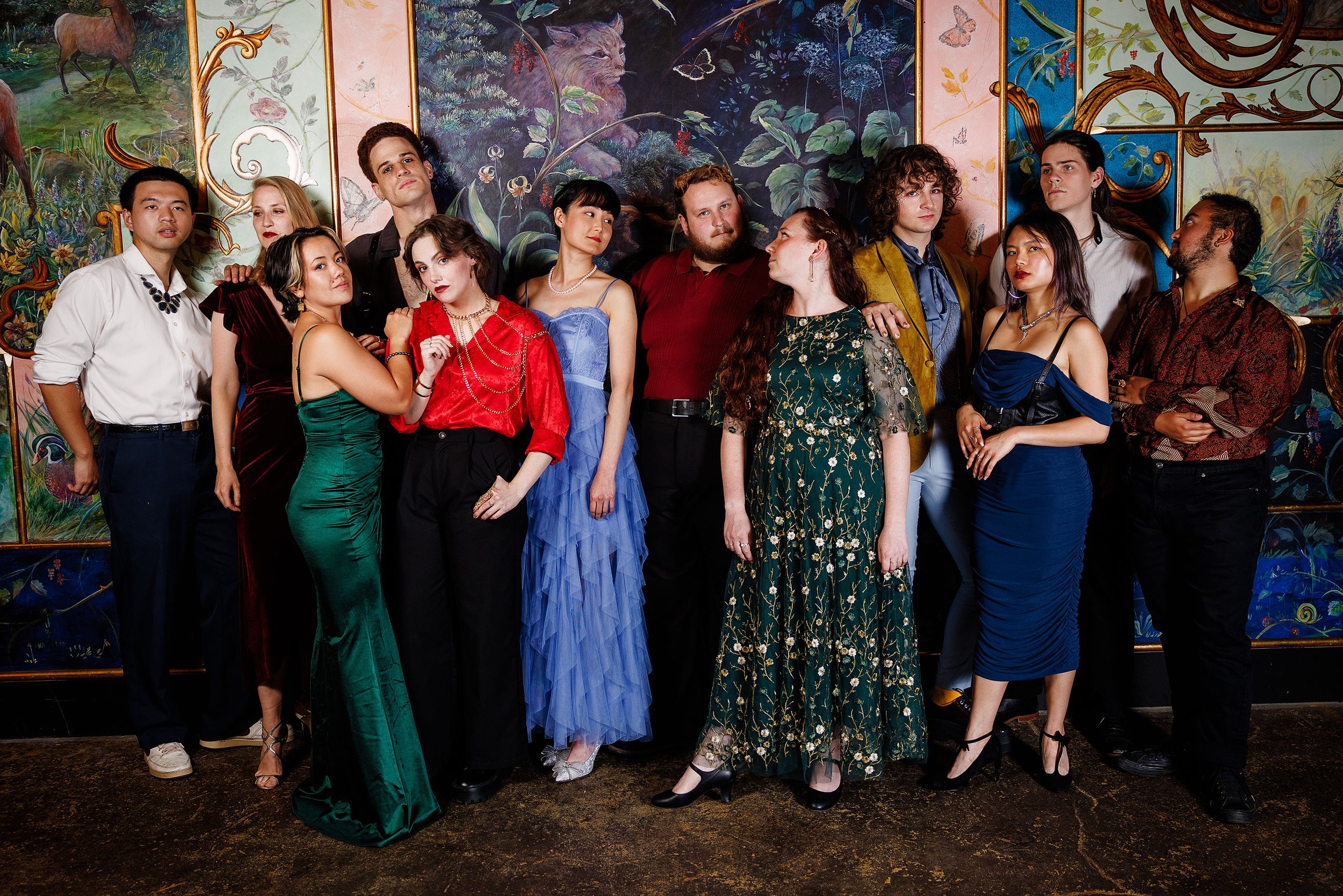Previous
Previous
Max’s Musings: Halsey
Next
Next

(she/her) Calista Robbins has always been enraptured with storytelling in all the forms it takes. As a novelist, a dancer, a lighting designer, a theater critic, and a concept creator, she set out into the world after graduating from the Dance Production program at UNLV to find stories in the people and places she came across, and to bring them to center stage.